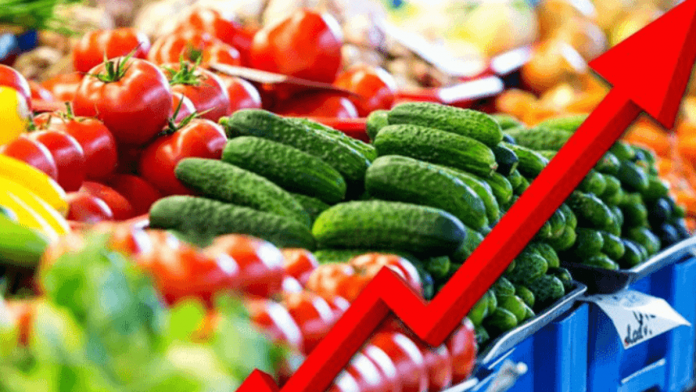News in Brief:
– Global food price inflation remains high, particularly impacting local farmers’ livelihoods.
– Urgent external food assistance is needed in 45 countries, with Africa facing significant challenges due to armed conflicts and adverse weather conditions.
Recent data from the Food and Agriculture Organization (FAO) highlights a concerning trend: domestic food price inflation remains stubbornly high across the globe. This trend is particularly alarming for local farmers, as it directly impacts their livelihoods and economic stability.
Despite efforts to address food insecurity, the latest figures reveal that inflation rates higher than 5% persist in a significant portion of low-income countries. Similarly, lower-middle-income countries continue to grapple with inflation, with no significant change reported. Notably, upper-middle-income countries saw a slight improvement, with a 7% point decrease in inflation. However, high-income countries have seen no change, indicating a persistent challenge worldwide.
The agricultural and export price indices have experienced notable increases, closing 8% and 16% higher, respectively, compared to previous data. These hikes are particularly evident in cocoa prices, which surged by 31% due to supply disruptions and weather-related challenges in major producer countries. Such fluctuations directly affect local farmers, influencing their incomes and market dynamics.
The FAO identifies 45 countries in urgent need of external food assistance, with Africa bearing the brunt of this crisis. Conflicts in Near East Asia and regions of Africa, coupled with adverse weather conditions in southern Africa, exacerbate food insecurity in the region. This situation underscores the critical role of global cooperation and intervention to support vulnerable communities, including local farmers grappling with the impact of these challenges.
As the global community grapples with the enduring challenge of food insecurity, it is imperative to prioritise interventions that directly support local farmers. By addressing the root causes of inflation, enhancing agricultural resilience, and promoting sustainable practices, stakeholders can work towards a more equitable and food-secure future for all.



